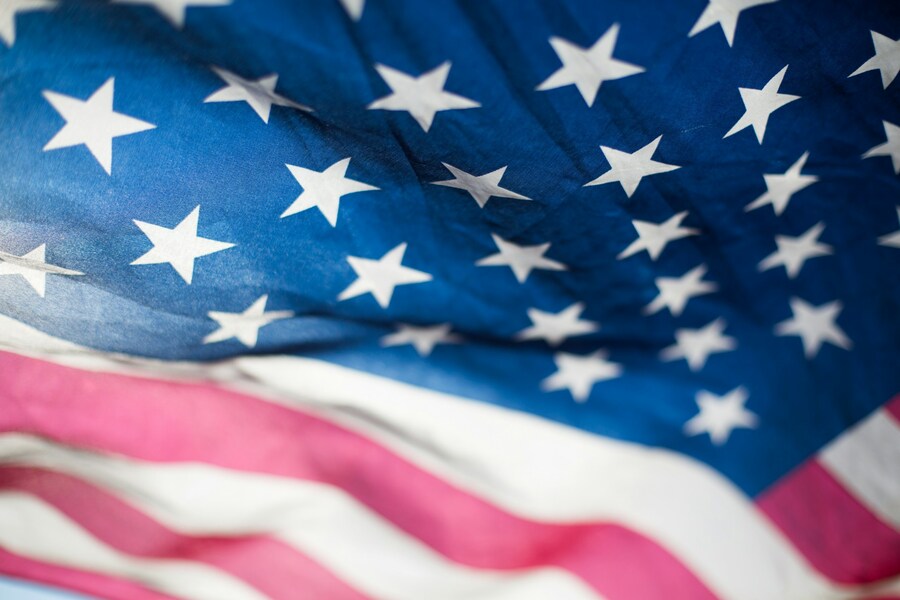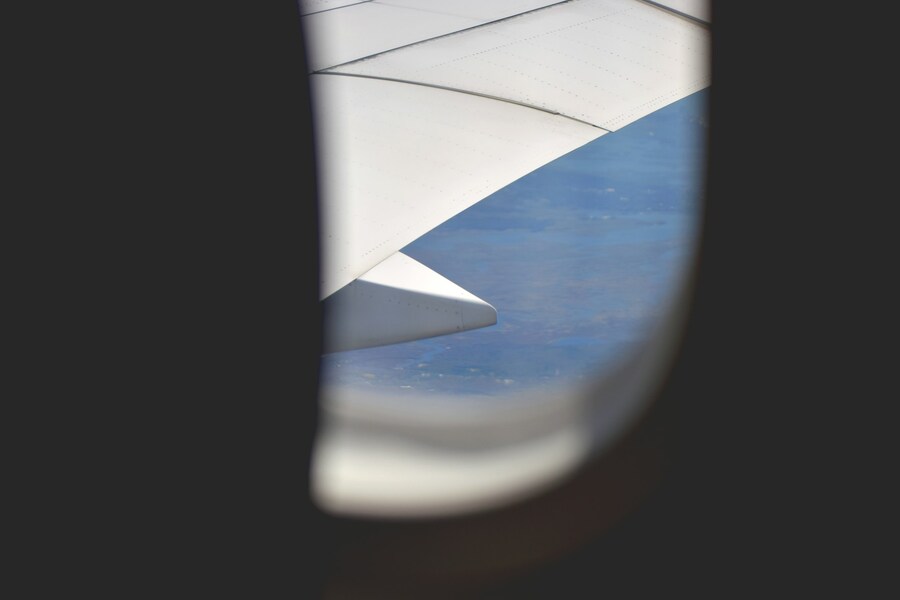Don't worry; choosing to opt-out won't hold up your trip!
Airport scans and entry woes: do you know your traveler rights?

Source: Lucas Sankey/Unsplash
It seems almost daily that unsettling stories surface about international travelers being denied entry at airports across America. In April, for instance, some
So, yes, it's completely fair to feel a bit anxious about traveling right now. But one powerful way to regain some control is by understanding your rights. That starts with knowing when you can decline facial recognition scans at airports.
If you've flown through any major airport in the United States recently, you've likely spotted facial recognition cameras at TSA checkpoints. The agency introduced this technology, according to their statements, as a "security enhancement" and to improve "traveler convenience." The TSA reports these scanners are already operational in over 80 airports nationwide, with plans to expand to more than 400 federally regulated airports in the coming years.
Here's how the system works: when you step up to the podium, a camera takes an image of your face. This image is then instantly compared to the photo stored on the chip within your passport to confirm your identity. If the match is successful, you can proceed directly through.
"A traveler may voluntarily agree to use their face to verify their identity during the screening process by presenting their physical identification or passport," the TSA clarified. "The facial recognition technology TSA uses helps ensure the person standing at the checkpoint is the same person pictured on the identification document (ID) credential."
While the TSA noted that "photos aren't stored or saved after a positive ID match has been made," they did add one caveat: "except in a limited testing environment for evaluation of the effectiveness of the technology."
.jpg)
Source: Google Search
But the crucial word in all of this is "voluntarily." You absolutely don't have to allow your face to be scanned if you don't want to. This is clearly stated on the TSA's website: "Travelers who don't wish to participate in the facial recognition technology process may decline the optional photo, without recourse, in favor of an alternative identity verification process, which doesn't use facial recognition technology to verify their identity." The agency also emphasized that choosing an alternative method doesn't take longer, and "travelers won't lose their place in line for security screening."
There are also signs at airports confirming this "voluntary" rule, but they're often inconspicuous and easily missed. And while it might not seem like a significant issue to some, many privacy experts and government officials recommend opting out and simply getting your identity verified manually by a desk agent instead.
In 2023, Senators John Kennedy (R-La.) and Jeff Merkley (D-Ore.) introduced a bipartisan bill aimed at banning facial recognition screening at airports. Merkley stated at the time, "The TSA program is a precursor to a full-blown national surveillance state. Nothing could be more damaging to our national values of privacy and freedom. No government should be trusted with this power." (Conversely, the TSA reiterates on its website: "Biometrics aren't used for surveillance – facial recognition technology is solely used to automate the current manual ID credential checking process and won't be used for surveillance or any law enforcement purpose.")
The Electronic Privacy Information Center (EPIC) highlighted in a 2023 analysis that facial recognition is "an invasive and dangerous surveillance technology." They further noted, "There's a reason facial recognition has become ubiquitous in less democratic countries – facial recognition is an ideal tool for oppression by an authoritarian or would-be authoritarian government. TSA's use of facial recognition normalizes the use of our face as our ID, and the dangerous implications are far too great to ignore. The TSA should immediately halt its implementation of facial recognition."
Another compelling reason to consider opting out? Accuracy. A 2019 study conducted by the National Institute of Standards and Technology (NIST) revealed that facial recognition algorithms can misidentify individuals, particularly within certain demographics. The study specifically observed "higher rates of false positives for Asian and African American faces" compared to images of white faces.
So, if you prefer not to participate in this process, you absolutely don't have to. All you need to do is inform the TSA officer that you don't consent to the scan and would like your identification verified manually. Then, you can continue on your way.
Skip airport parking hassle: find affordable parking with ParkingNearAirports.io!

Source: LARAM/Unsplash
After navigating security, streamline your travel prep with ParkingNearAirports.io! Secure convenient airport and parking solutions for any trip length – including discounted weekly parking for extended getaways. Discover affordable off-site airport parking areas through our smart booking platform. Let us simplify your journey so you travel smoother, from curb to gate!






